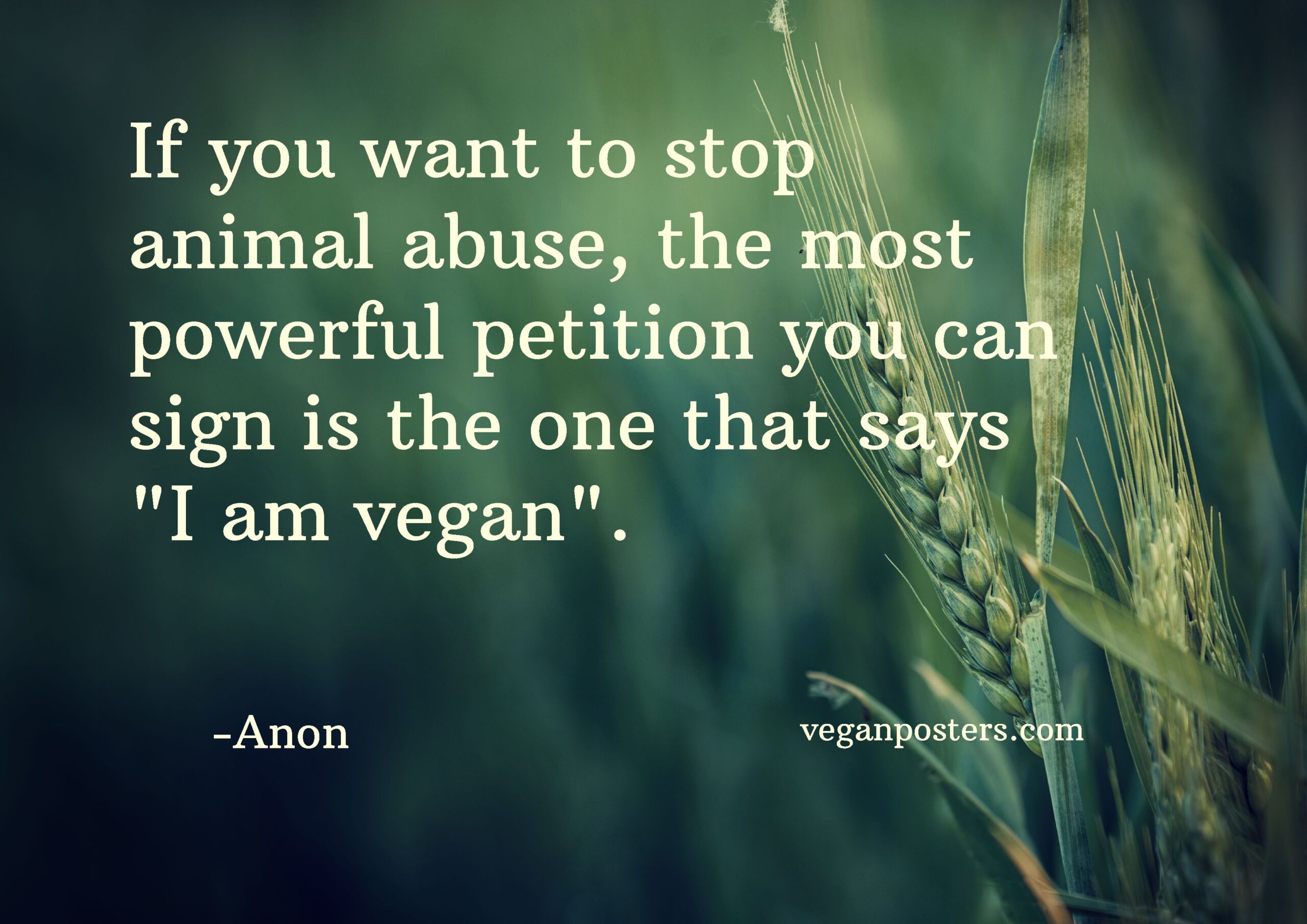In today’s world, where animal welfare has garnered significant attention, many individuals profess a deep commitment to preventing animal cruelty. Yet, an intriguing contradiction exists: some of the most passionate advocates against animal abuse do not adopt a vegan lifestyle. This dichotomy raises essential questions about ethical consistency, personal choices, and the broader implications on societal norms surrounding animal rights. In this exploration, we will unpack this perplexing phenomenon and strive to illuminate the potential cognitive dissonance faced by those who vehemently oppose animal cruelty but choose not to embrace veganism.
At the heart of this contradiction lies the fundamental premise of animal rights. The basic tenet suggests that animals, much like humans, possess an intrinsic value and the right to live free from suffering. This perspective resonates deeply in a society that increasingly recognizes the emotional and cognitive capacities of non-human animals. Movements advocating for humane treatment often highlight horrific cases of abuse and exploitation, igniting a collective moral outrage. Yet, despite this acknowledgment, many individuals find themselves favoring certain forms of animal use—particularly in the context of dietary choices.
To dissect this inconsistency, it is critical to examine the various motivations that underpin individuals’ opposition to animal cruelty. Many who advocate against animal abuse do so out of compassion for animals. They are moved by graphic depictions of suffering—images of distressed animals confined in cramped cages, subjected to inhumane conditions. This visceral reaction often spurs collective action, leading to greater awareness and sometimes regulatory reform. However, does a sentiment against abuse necessarily equate to adopting a vegan lifestyle? Not invariably.
One must consider the role of cultural and societal norms in shaping dietary habits. For many, meat consumption is deeply embedded in culinary traditions, familial practices, and social gatherings. The taste, convenience, and availability of animal products often outweigh moral considerations in everyday life. In this context, individuals may compartmentalize their beliefs: opposing cruelty on one front while simultaneously partaking in practices that contribute to suffering on another. This cognitive dissonance is not merely hypocritical but indicative of the complexities of human behavior—a tug-of-war between ethics and convenience.
Moreover, individuals may perceive a dichotomy between advocating for animal rights and the practicality of a vegan lifestyle. Economic factors play a critical role in this discussion. Access to affordable plant-based options varies significantly among different demographics. In areas where fresh produce is scarce or where socio-economic constraints limit dietary choices, individuals may advocate against animal cruelty while continuing to consume animal products out of necessity rather than choice. Therefore, while motivations against animal abuse are legitimate, the pathway to implementing those beliefs may not always be attainably clear.
Additionally, some individuals may adopt a selective stance on animal welfare. They might champion the rights of certain species, such as companion animals, while remaining indifferent to the conditions of animals in factory farms or those used in testing laboratories. This selective empathy underscores another layer of complexity, as it implicates societal hierarchies that prioritize certain animals over others. The ingrained biases toward certain species foster a narrative that validates some forms of animal exploitation while condemning others. Thus, a voracious opposition to animal cruelty does not necessarily beget a consistent ethical framework regarding all animals.
Yet, shining a light on these contradictions raises an opportunity for transformative dialogue. Rather than vilifying those who oppose cruelty but do not adopt veganism, fostering understanding can cultivate meaningful discussions about incremental change. A more compassionate approach involves recognizing the barriers that inhibit individuals from transitioning to a vegan diet while simultaneously validating their concerns about animal welfare. Addressing these complexities opens the door for education and awareness regarding plant-based alternatives, promoting ethical consumption that aligns more closely with one’s values.
Some may argue that the conversation surrounding animal rights necessitates a clear binary: you are either fully engaged in veganism, or you are complicit in animal exploitation. However, such absolutism risks alienating potential allies. Instead, adopting a nuanced perspective acknowledges that people exist on a moral spectrum, with varying degrees of commitment to animal welfare. It may also inspire individuals to consider their food choices more critically and explore ways to reduce their impact on animal suffering.
Ultimately, it is vital to confront the incongruity that exists between a strong stance against animal cruelty and the consumption habits that ideologically undermine that position. A contemplative approach encourages self-reflection, allowing individuals to recognize the disconnect between their values and actions. With this newfound awareness comes the potential for profound change—not just on an individual level, but collectively, as society shifts towards more ethical food systems.
In conclusion, the tension between advocating against animal cruelty and not adopting a vegan lifestyle presents a fascinating case study in human behavior, cultural norms, and ethical choices. By engaging in constructive dialogue and fostering awareness, we can bridge the gap between intent and action, moving toward a future that honors the sanctity of all sentient beings. The question remains: can we embark on a journey of understanding that aligns our actions with our ethics, thus ensuring a more compassionate world for all living beings? The answer, perhaps, resides in the courage to deliberate upon our choices and the empathy to embrace change.








